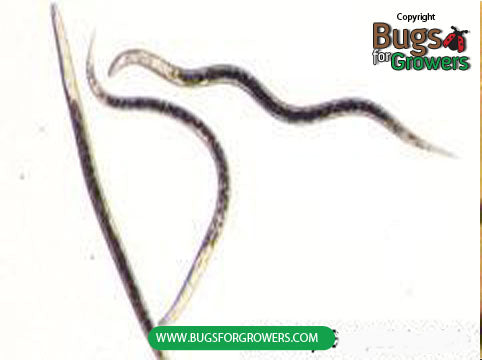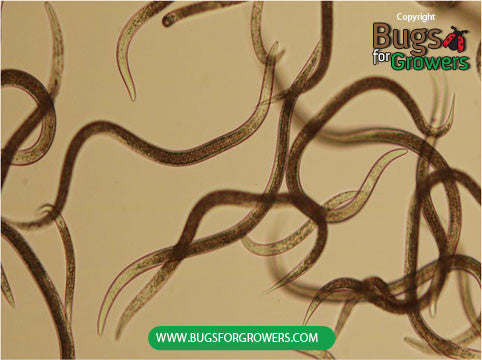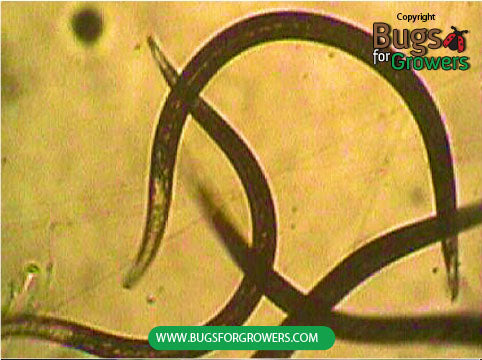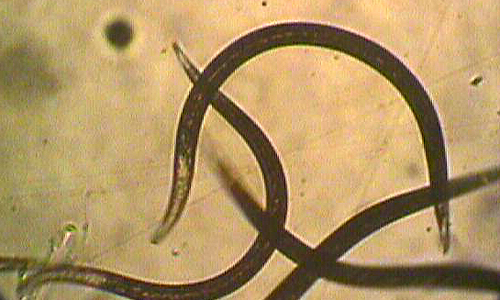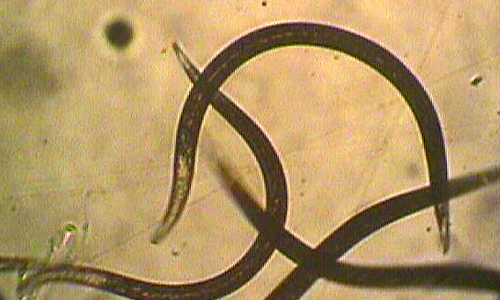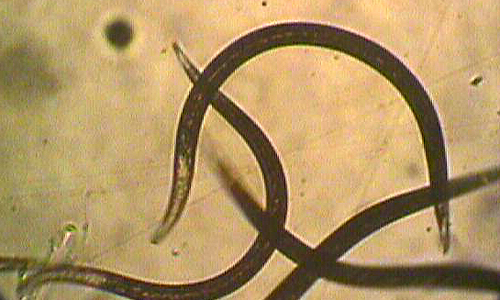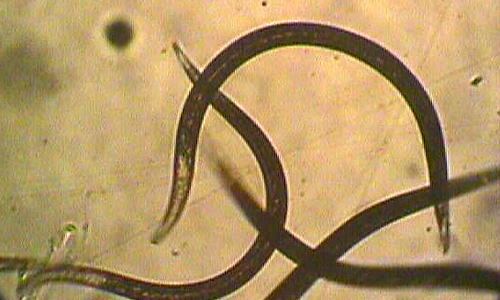Black turfgrass Ataenius beetle
Damage caused by the Black turfgrass Ataenius beetles
Grubs of Black turfgrass Ataenius beetles Ataenius spretulus mainly feed on root system all the species of turfgrass but most damage is prevalent on cool season turf grasses. In case of severe infestation, patches of dead grasses are seen on the lawns and golf courses. Adults of black turfgrass Ataenius beetles do not cause damage to any plant parts.
Facts (show all)
- Common names
-
- Black turfgrass Ataenius beetle
- Scientific name
-
- Ataenius spretulus
- Identification
-
Adults: Beetles are small, black with short antennae and about 6 mm long.
Eggs: White and round in shape.
Grubs: Grubs are creamy white with brown head capsule and three pairs of thoracic legs and their body is C- shaped.
Pupae: Creamy to brown in color.
- Biology
-
Black turfgrass Ataenius beetles overwinter as adults in the wooded areas. These overwintering beetles become active in May and June and move in lawns, golf courses and landscapes to lay eggs in the thatch. Eggs hatch into small grubs that feed on turf grass roots just underneath thatch until they mature in late July. Mature grubs then pupate in the soil and adults emerge from pupae in late August. Black turfgrass Ataenius beetles are known to complete two generations in a year.
- Organic Control of the Asiatic Garden Beetle
-
- Following beneficial bugs and plant products are used for organic control of the Asiatic Garden Beetle
- Beneficial Nematodes
-
- Heterorhabditis bacteriophora
- Heterorhabditis indica
- Steinernema carpocapsae
- Plant product from neem tree seeds
-
- Molt-X- Active ingradient is Azadirachtin

